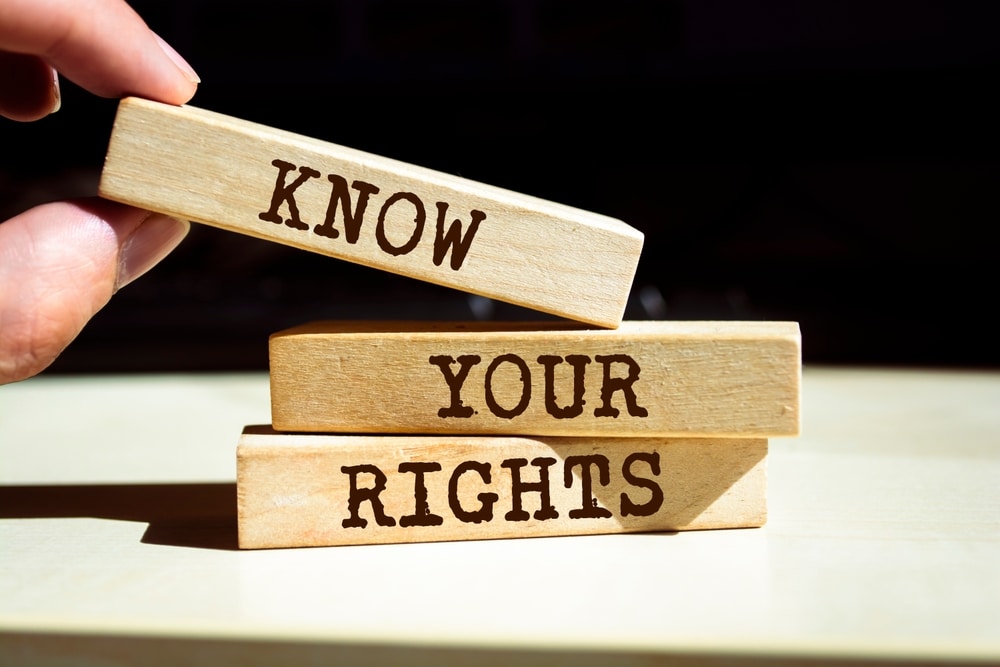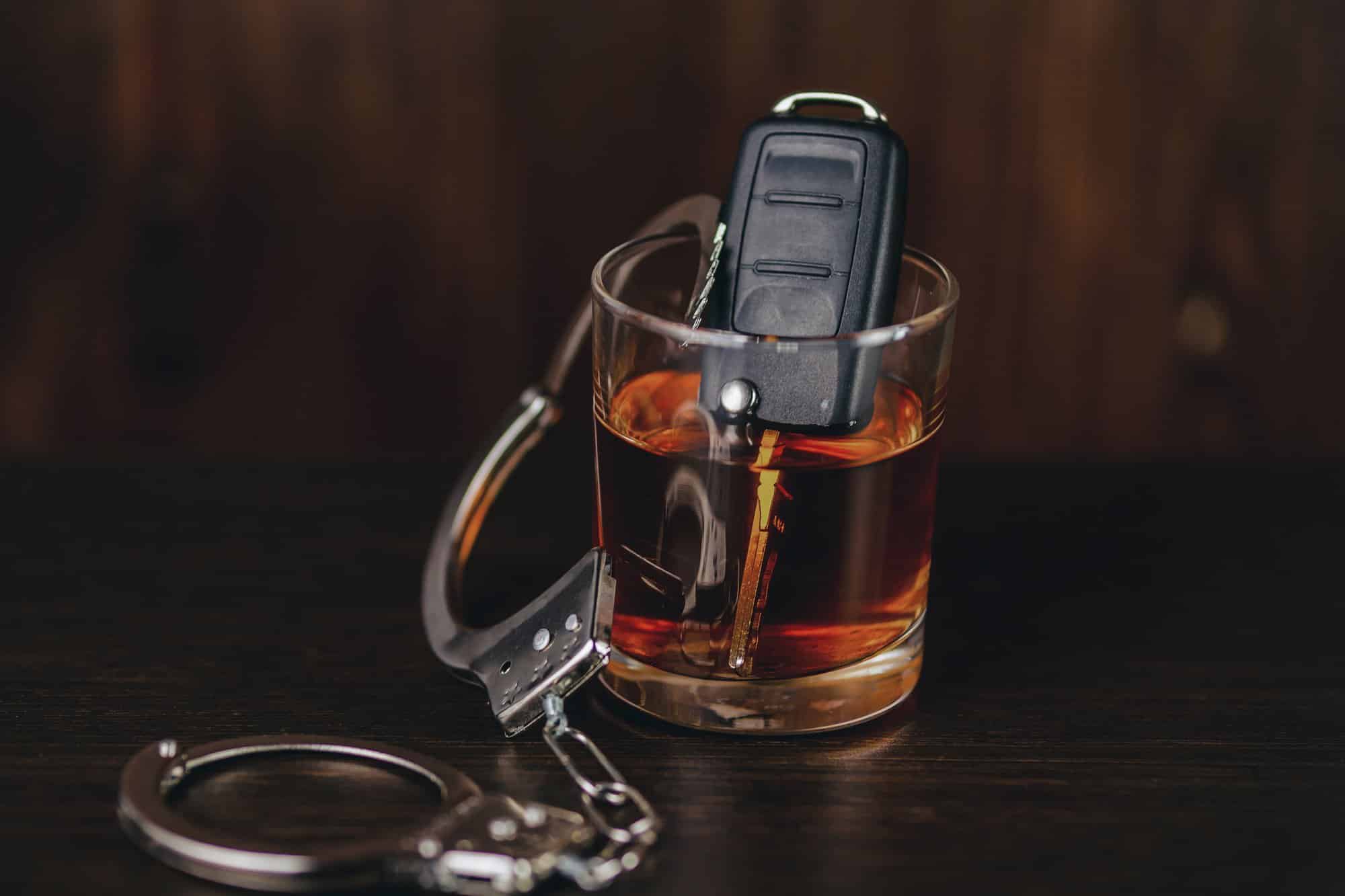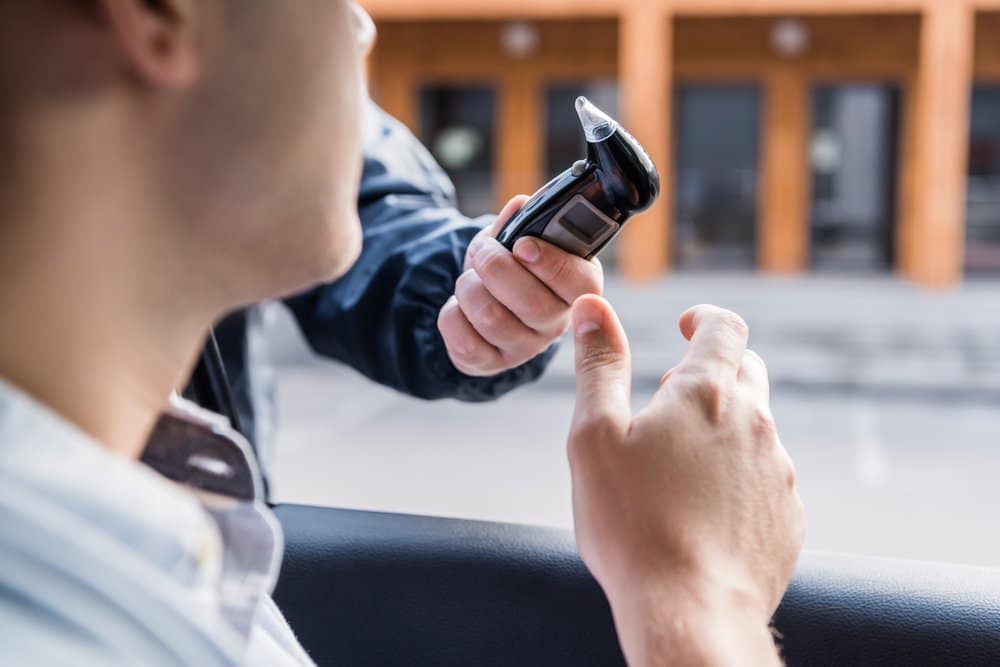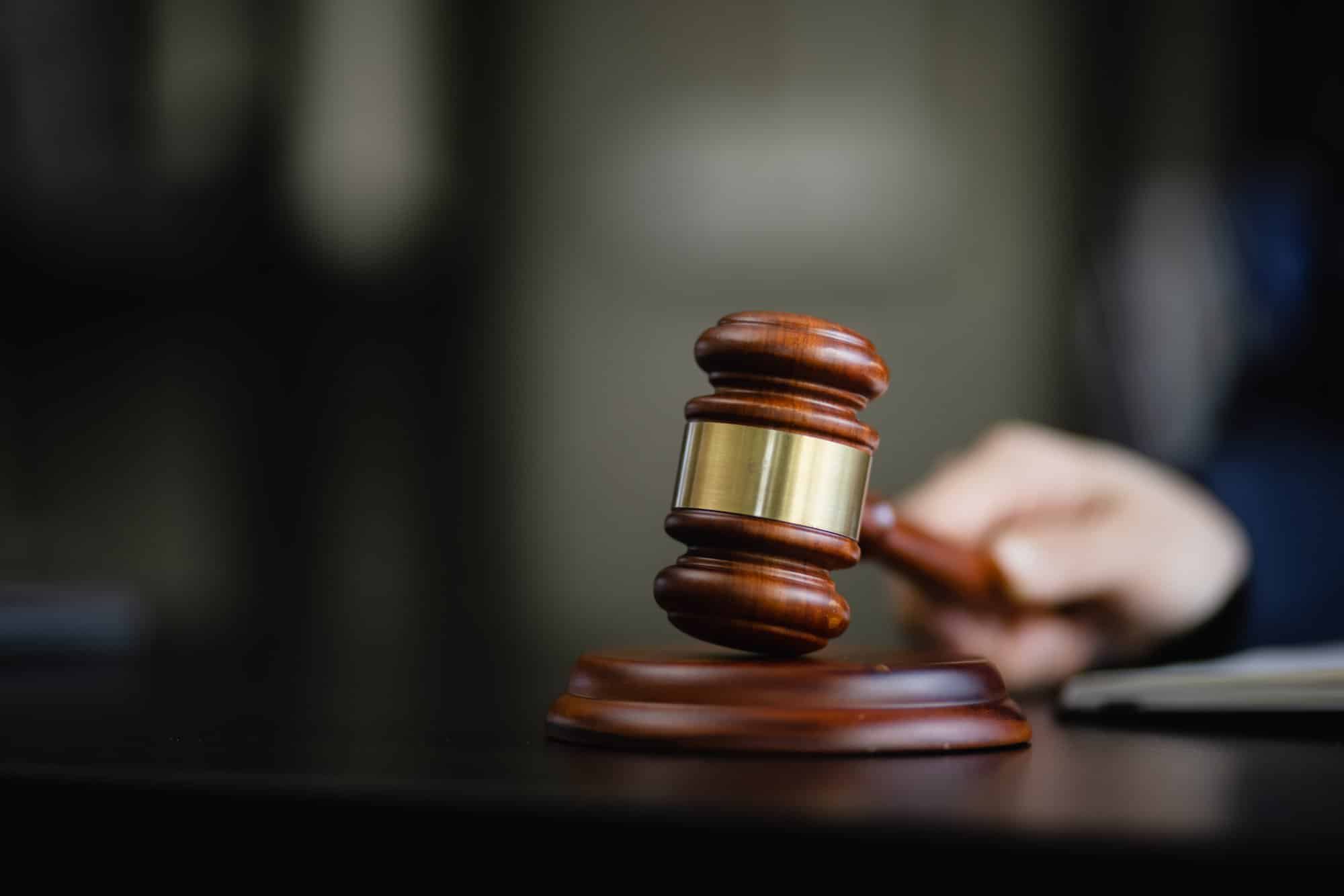Regardless of the crime with which you’ve been charged, it’s essential to understand that you have certain rights under the U.S. Constitution and the New York State Constitution. These rights are meant to protect against arbitrary treatment by the government and ensure you are afforded due process of law. Here are some of the most important rights you should be aware you have if you’ve been charged with a crime:
You Have the Right to an Attorney
Significantly, if you’ve been charged with a criminal offense, you have the right to be represented by counsel under both the U.S. Constitution and the New York State Constitution. This right attaches in New York upon one of three events: 1) you’ve requested counsel while in custody; 2) criminal prosecution has commenced; or 3) you’ve retained counsel in your case. It’s crucial to have an experienced criminal defense attorney on your side to achieve the best possible outcome. An attorney will evaluate the evidence against you, discuss potential defenses, represent you at court hearings, and negotiate a plea bargain or fight for your rights at trial.
You Have the Right to Know the Charges Against You
As a criminal defendant, you have the right to be aware of the charges that have been brought against you. This is a critical protection afforded by the Sixth Amendment to ensure you are able to defend yourself — and you are given a fair trial.
You Have the Right to Confront Any Witnesses Against You
The Confrontation Clause in the Sixth Amendment provides that a person who is accused of a crime has the right to confront the witnesses against them. This means you may confront and cross-examine civilian witnesses, the police, or an alleged victim. You also have the right to be in the room when they testify and have your defense attorney question them.
You Have the Right to Not Testify Against Yourself
If you’ve been charged with a crime, anything you say can be used against you. Importantly, everyone has the right to remain silent. Law enforcement and investigators cannot compel you to answer any questions against your will. Once you assert that you are invoking your right to remain silent, the police are not permitted to question you anymore.
You Have the Right to a Speedy Trial
Under the Sixth Amendment, a criminal defendant has the right to a speedy trial. In addition, under New York Criminal Procedure Law Section 30.30, the prosecution must establish readiness for trial within a certain time frame after the criminal action has been commenced. Depending on the type of charges, the case may be dismissed if the prosecution is not ready to move forward to trial within the necessary time period.
You Have the Right to an Impartial Jury
For all Class A misdemeanors and felony cases in New York, a defendant has the right to a public trial by an impartial jury. However, you may give up this right and ask the judge to render a decision in your case. This is called a bench trial — it’s a good idea to discuss the best course of action and strategy in your case with an experienced criminal defense attorney.
Contact an Experienced New York Criminal Defense Attorney
If you have been accused of a crime, it’s vital to have a knowledgeable criminal defense attorney by your side who can advise you regarding your rights and fight the charges against you. The attorneys at D’Emilia Law offer skillful representation to those who are facing a wide array of criminal offenses and work to obtain the best possible results in their cases. To schedule a consultation, contact us at 1-888-DEMILIA.











